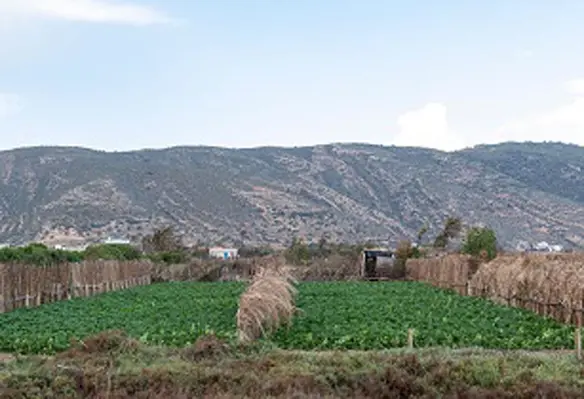The dearth of rainfall has left Tunisia struggling with a devastating water crisis since years
Intense drought experienced over the past two years has resulted in shortage of water in Tunisias third-largest city, Sousse, located 140 km south of the capital Tunis. To tackle this issue, the Sousse wastewater treatment plant project consisting of the newly-built Hamdoun and the expanded Sousse South sewage treatment stations, was undertaken by the Chinese Sino-hydro Corporation Engineering Bureau 15 Co, Ltd. a few years ago.
Besides its ability to treat 19 million cubic metres of sewage each year, the plant can also provide 18 million cubic metres of irrigation water to surrounding regions, and aims to meet the urgent agricultural need of local farmers.
The process involves sewage initially flowing in the Hamdoun station, into numerous treatment pools, while going through a series of steps including deposition, filtration, adsorption, and biological treatment. The clear water which flows out of the last pool then undergoes disinfection with ultraviolet light, following which the water finally meets the standards for agricultural irrigation.
Sousse city’s residential and industrial sewage – which was earlier directly discharged, due to limited treatment capacity – will now be poured into the plant. According to the Chinese director Ji Jie, in charge of the final stages of the Sousse wastewater treatment plant project, biogas can also be collected by cogeneration systems during the sewage treatment process, thus generating 19,000 kWh of electricity per day, and greatly reducing the energy consumption of the plant.




